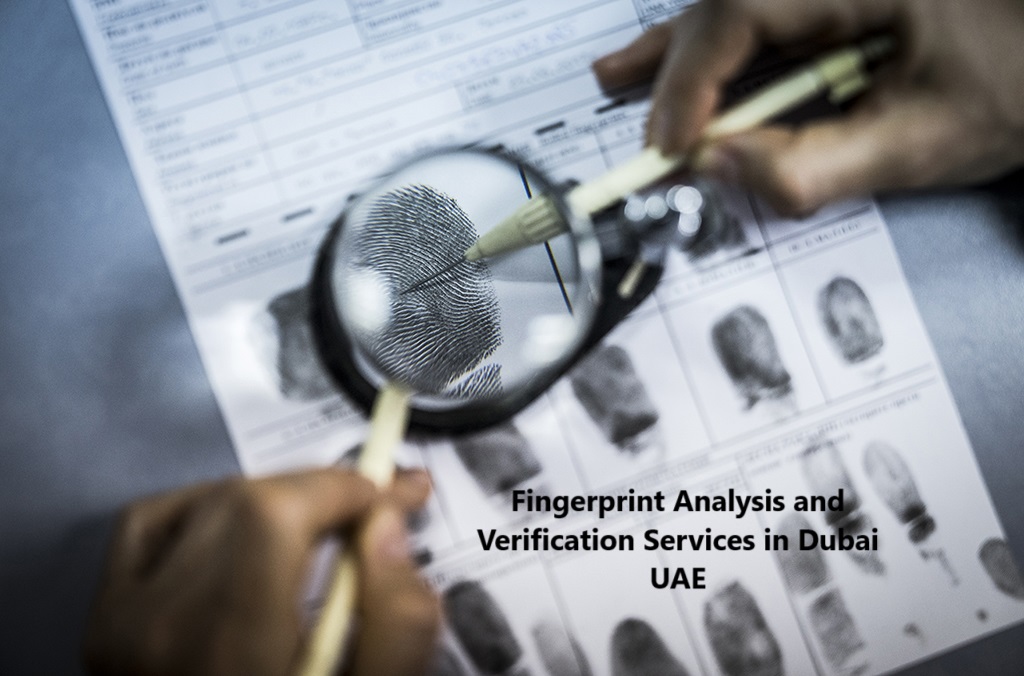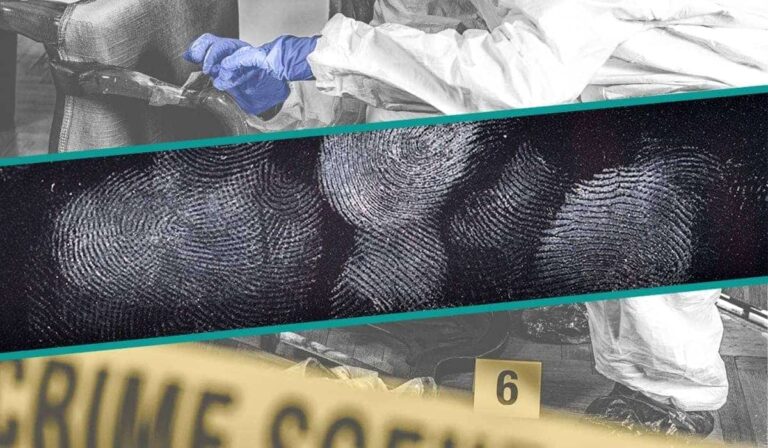-
ceo.bfi@gmail.com
Send Email
-
2C, C-6/A Block, Janakpuri, Delhi India 110058
Visit Our Office
99902-92279
Confidentiality Guaranteed
99902-92279
Confidentiality Guaranteed

Aug
Fingerprint Expert

Fingerprint analysis has long been a cornerstone of forensic science, playing a crucial role in criminal investigations and justice. Fingerprint-expert, with their specialized skills and knowledge, are pivotal in identifying suspects, solving crimes, and ensuring the accuracy and integrity of forensic evidence. This blog explores the essential functions, methodologies, and importance of fingerprint experts in modern forensics.
Fingerprint analysis involves comparing the unique patterns of ridges and minutiae found in an individual’s fingerprints. These patterns are unique to each person and remain unchanged throughout their life, making fingerprints one of the most reliable forms of identification.
Key Responsibilities of Fingerprint Experts
Collection and Preservation of Evidence: Fingerprint expert are responsible for collecting fingerprint evidence from crime scenes using various techniques, such as dusting with fingerprint powder, chemical fuming, and digital imaging. Proper collection and preservation are crucial to maintaining the integrity of the evidence.
Analysis and Comparison: Experts analyze fingerprints by examining ridge patterns, minutiae points, and other unique characteristics. They compare latent prints (fingerprints collected from crime scenes) with known prints (fingerprints of suspects or victims) to establish matches or exclusions.
Identification and Verification: Once a potential match is identified, fingerprint experts verify the findings through a rigorous process, often involving peer review and cross-checking with automated fingerprint identification systems (AFIS).
Reporting and Testimony: Experts document their findings in detailed reports, explaining the methodologies and conclusions. They may also testify in court as expert witnesses, providing crucial evidence that can influence the outcome of a trial.
Training and Development: Fingerprint-expert often engage in ongoing training to stay current with advancements in forensic technology and methodologies. They may also train law enforcement personnel and other forensic professionals.
Crime Scene Investigation: Fingerprint-expert work closely with crime scene investigators to identify potential fingerprint evidence. They use various techniques to locate and collect fingerprints from surfaces such as glass, metal, plastic, and paper.
Laboratory Examination: Collected fingerprints are analyzed in a laboratory setting, where experts use magnification, digital imaging software, and other tools to enhance and compare prints.
Automated Fingerprint Identification Systems (AFIS): AFIS technology allows for the rapid comparison of fingerprints against large databases. Fingerprint-expert use AFIS to search for matches and narrow down potential suspects.
Peer Review and Quality Assurance: To ensure accuracy and reliability, fingerprint analysis undergoes peer review and quality assurance processes. This involves verification by another expert and adherence to established standards and protocols.
Reporting and Court Testimony: The final step involves documenting the findings and, if necessary, presenting them in court. Fingerprint-expert must communicate their conclusions clearly and effectively, both in written reports and oral testimony.
Reliable Identification: Fingerprint analysis provides a highly reliable method of identifying individuals, helping to link suspects to crime scenes and verify identities.
Crime Solving: Fingerprint evidence can be pivotal in solving crimes, from burglaries to homicides, by providing tangible links between suspects and criminal activities.
Exoneration of the Innocent: Just as fingerprints can identify perpetrators, they can also exonerate innocent individuals wrongly accused or convicted of crimes.
Historical and Cold Case Investigations: Fingerprint-expert play a crucial role in revisiting cold cases and historical investigations, where new technology can reanalyze old evidence.
Support for Other Forensic Evidence: Fingerprint analysis often complements other forensic evidence, providing additional layers of corroboration in criminal investigations.
Conclusion
Fingerprint-expert are indispensable in the field of forensic science, providing critical expertise that aids in the identification and prosecution of criminals, as well as the exoneration of the innocent. Their meticulous work, from crime scene investigation to courtroom testimony, ensures that justice is served with accuracy and integrity. As forensic technology continues to advance, the role of fingerprint experts will remain a cornerstone of effective and reliable forensic investigations.
Investing in the development and training of fingerprint experts is crucial for law enforcement agencies and forensic laboratories, ensuring they are equipped with the skills and knowledge to meet the challenges of modern criminal investigations. With their expertise, fingerprint experts help build a safer and more just society.
Fingerprint Analysis Cross-Examination
1. Nature of Fingerprint Evidence
Q. Fingerprint identification is based on expert opinion and interpretation, not mathematical certainty, correct?
Q. Latent fingerprint examination is not an exact science, is it?
2. Quality of Fingerprint Evidence
Q. The reliability of your conclusion depends on the clarity and quality of the latent print, correct?
Q. Partial, smudged, or distorted prints reduce the certainty of identification, do they not?
3. Methodology & Standards
Q. There is no fixed numerical standard (such as a minimum number of points) universally accepted for fingerprint matching, correct?
Q. Two qualified fingerprint experts can reach different conclusions on the same print, can they not?
4. Comparison & Subjectivity
Q. Fingerprint comparison involves human judgment, not automated decision-making alone, correct?
Q. Automated systems only assist analysis; the final conclusion is yours, correct?
5. Possibility of Error
Q. You would agree that false positives and false negatives are scientifically possible?
Q. Environmental factors like surface type, pressure, movement, and contamination can affect ridge detail, correct?
6. Legal Weight of Opinion
Q. Your fingerprint opinion is advisory in nature, and the court is not bound to accept it, correct?
Q. Fingerprint evidence must be considered along with other corroborative evidence, not in isolation, correct?
Need a Complete Fingerprint Cross-Examination?
We provide:
✔ Tailor-made fingerprint cross-examination questions
✔ Indian Evidence Act–based legal strategy
✔ Criminal & civil case specialization
✔ Expert credibility assessment
Contact us to engage professional cross-examination drafting services.
Call To Action

Are you interested in learning more about forensic expert or seeking professional forensic-expert services? Contact us today to inquire about our expertise.
📞 Contact Us: 9990292279
🌐 Visit Our Website: https://forensicexpertinvestigation.com/
✉️ Email: ceo.bfi@gmail.com




